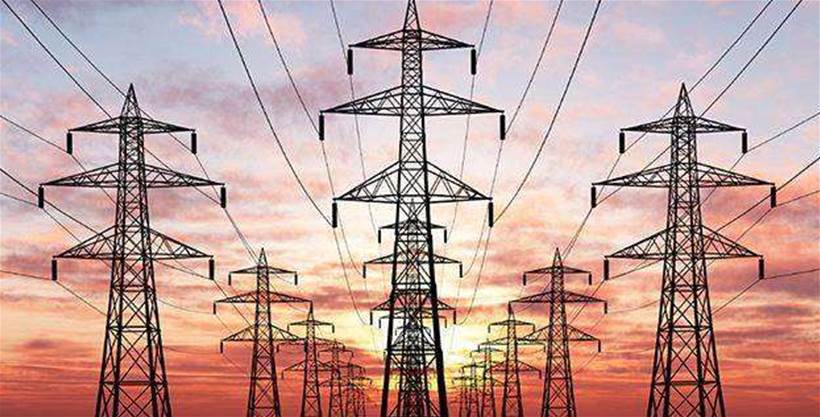Almost half of all large industrial businesses have started trial or production uses of industrial internet of things (IIoT), according to new research commissioned by Inmarsat.
The research claims that around eight percent of corporate IT budgets are being earmarked for IIoT deployments over the next three years.
For that, industrial firms are “expecting significant returns on their investment” - to the tune of an average “10 percent reduction in costs and a five percent lift in turnovers expected at the end of this period, and more by 2023”, the research found.
What could stand in the way of industrial firms achieving these kinds of financial successes are the skills needed to drive projects, as well as their ability to assure projects can avoid the cybersecurity risks associated with connecting industrial systems to the internet.
Industrial firms are most worried that IIoT could increase their attack surfaces and make their environments more prone to cyber attacks.
The risk of cyber attacks on connected industrial systems has been a problem for well over a decade, and pre-dates the existence of IIoT.
Industries like energy and transport “are the most confident in their approach to dealing with the IIoT security”, the research found - perhaps because such industries have previously been targeted by malware and state-sponsored attacks, and are used to exhibiting a higher state of readiness to combat such threats.
Other industrial sectors like agriculture were “looking to third-parties for help” to address cyber security risks associated with greater IIoT adoption, the research said.
However, the lack of IIoT skills in the market, particularly around security and data science, was seen as a greater inhibitor of projects.
“The skills gap has emerged as one of the key barriers to successful IIoT deployment,” the research said.
“A lack of in-house skills was cited as the top barrier to IIoT deployment, higher than other issues such as cyber-security risks and high costs.”
“IIoT is emerging as a major force in the modern enterprise and it’s clear that businesses are prioritising satellite technology to transform their operations and achieve competitive advantage,” Inmarsat Enterprise president Paul Gudonis said in a statement.
“Data generated by IIoT infrastructure is expected particularly to bring greater transparency to the global supply chain, allowing businesses to automate processes, reduce operational waste and speed up rate of production, leading to higher revenues and lower costs”.







